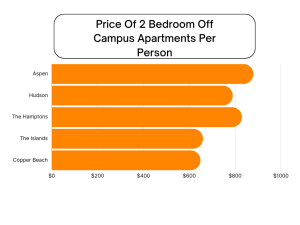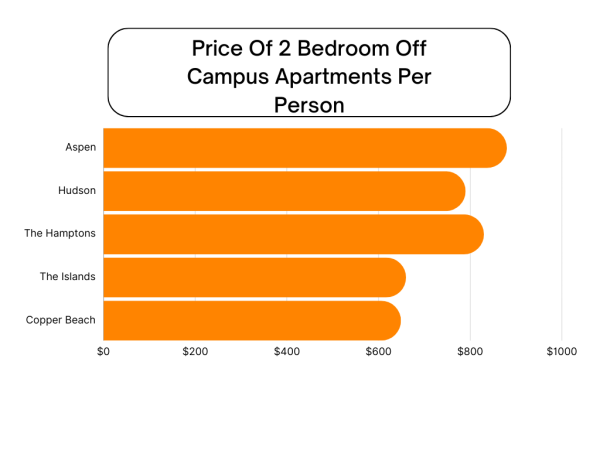FAFSA encourages students to apply early
January 22, 2013
SACRAMENTO, Calif– Students seeking to cut college costs by applying for financial aid should act fast. While states and colleges urge students to prepare a federal student aid application (FAFSA) early, this year seven states are cautioning students to prepare ‘as close to January 1st as possible’ because aid funds may be depleted faster than in previous years.
While financial aid is largely awarded on a first come, first served basis, the states of Illinois, Kentucky, North Carolina, South Carolina, Tennessee, Vermont and Washington are telling students that aid – especially need-based grants – will go quickly because state funds are limited because of the economic recession of the past three years.
State grant aid for undergraduate students has dropped about 2 percent from five years ago, according to the National Association of State Student Grant Aid Administrators. The downward trend is expected to continue.
“Speed and accuracy are essential when preparing a FAFSA,” said Brad Baker, president of Student Financial Aid Services, Inc., which has prepared FAFSAs for more than one million students.
“More students – especially first-time FAFSA applicants – are seeking professional assistance to deal with the form’s complexity and to beat state and college deadlines. The aid process is competitive and it pays to submit early.”
Other states with early deadlines are Oregon Feb. 1st, Connecticut Feb. 15th; Rhode Island, Maryland, Michigan, Montana, Oklahoma, West Virginia and Idaho March 1st; and California March 2nd. Besides state deadlines, students also must have their FAFSAs processed before the deadlines at each college they have applied to.
Students complete the FAFSA on the U.S. Department of Education’s website at no cost, or trust a professional, fee-based FAFSA preparation for assistance, just like getting help with income taxes. Using a professional, fee-based service can help students prepare their aid application on time and accurately.
Extended Hours Help Students Beat Deadlines
“One advantage of our service is we prioritize FAFSA applications by state and college deadlines to assure students who are up against a deadline receive attention immediately,” Baker said.
Student Financial Aid Services provides telephone consultations Monday through Friday from 9 a.m. to 10 p.m. Eastern Time and extends its hours on weekends and on major deadline days to ensure its clients’ FAFSAs are filed on time.
Financial aid, available to nearly all students regardless of income, can cut students’ out-of-pocket college costs and post-graduation debt, which averages approx. $26,600 for undergraduates. Undergraduates on average secured $13,218 in aid last year, including free grants, federal education loans, and work-study.
Accuracy is important because FAFSA errors can reduce aid awards.
Here are a few tips from Student Financial Aid Services’ FAFSA experts:
Understand college costs before you apply.
Before applying to colleges, students can get an estimate of what financial aid they may be eligible for and net price (sticker price minus free grants) by using colleges’ net price calculators.
Everyone is encouraged to apply.
Nearly everyone qualifies for some type of financial aid. Preparing a FAFSA is the recommended first step in understanding a student’s options for financing a college education.
A tax return is NOT required.
Because most state and many college FAFSA deadlines come before the April 15th income tax deadline, the aid application may be completed using estimated income information if a tax return has not been filed. There is no penalty for estimating income, it is actually recommended so that deadlines aren’t missed. Students can easily make any necessary adjustments once their (or their parents’) income tax filing is completed.
Understanding dependency is important.
FAFSA questions about dependency are often a source of confusion and mistakes. Even if a student lives on their own and parents provide no financial support, many students are still considered as dependents for financial aid purposes, which require parents’ financial information to be submitted on the FAFSA. Exceptions are rare and only in extreme cases.







